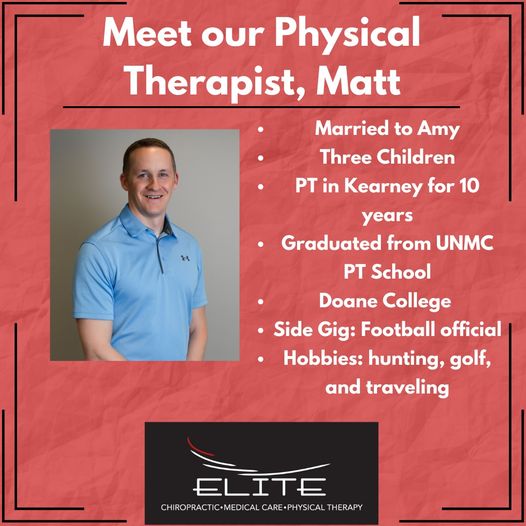WHAT YOU NEED TO KNOW ABOUT PREHABILITATION

Most of us know the importance of rehabilitation following surgery, such as a joint replacement, and how it helps to restore physical strength and function. You might not know as much about prehabilitation, which is becoming more common in medicine.
Prehabilitation, also known as pre-hab, is an exercise program designed to physically and mentally prepare a person for surgery to optimize the chances of a successful outcome and a quick recovery. The inactivity associated with surgery is well known to stress the body and lead to a decline in physical function. In general, the more fit and active you are before surgery, the more likely you will retain a higher level of function and recover faster. People often have to wait for a while before surgery. This time can be used to get in the best shape possible.
Benefits of Prehabilitation
According to studies, pre-hab participants regain full function and return to their day-to-day activities and sports faster and more easily than non-pre-hab participants. Furthermore, they have less post-operative pain and complications. Pre-hab participation may even result in a shorter hospital stay.
One of the most significant advantages of a pre-surgical conditioning program is that it improves the effects of rehabilitation by preparing muscles for the exercises that will be needed post-operatively. This can help to increase the efficiency and effectiveness of the exercises.
Prehabilitation is now used to prepare for various surgeries and major medical procedures, such as joint, cardiovascular, lung, and colorectal surgery. One of its most recent applications is helping newly diagnosed cancer patients physically and emotionally prepare for rigorous treatments, reducing the incidence and severity of post-therapy impairments.
Pre-rehabilitation is a common practice in orthopedic surgery for both acute and chronic injuries, such as an ACL tear or an osteoarthritic knee awaiting replacement. The goal in both cases is to regain joint range of motion, strength, and function. However, the focus of acute injuries is on reducing swelling and retaining mobility. When it comes to chronic injuries, on the other hand, the focus is on correcting compensatory movement patterns that cause pain and weakness.
Is Pre-hab Right for You?
Most people who are about to have surgery can benefit from pre-hab. A medical doctor usually refers a patient to a physical therapist, who will evaluate the patient for a pre-operative exercise program. Prehabilitation should ideally begin at least six weeks before surgery to gain the most benefit.
While convincing a patient who is awaiting joint surgery and already in a lot of pain to exercise can be difficult, a carefully planned, individually tailored program can actually improve mobility and ease the pain. Co-existing conditions, like cardiovascular disease or multiple joint problems, may limit how much conditioning can be done, but they don’t rule out a patient’s suitability. Patients who are highly motivated and exercise regularly, regardless of age, are especially good candidates for pre-hab. Prior to surgery, even the most fragile patients can typically benefit from a minimum of occupational therapy and education.
What to Expect from Pre-Hab
Pre-rehabilitation is an individualized conditioning program designed to enhance muscular strength, stamina, range of motion, and functional ability. Similarly, maximizing the benefits necessitates a team effort involving the patient, medical doctors, and occupational and physical therapists.
A typical pre-hab program includes a warm-up, cardiovascular activity, resistance training, flexibility exercises, and practice with walking aids such as crutches and walkers. Education is another important factor. A patient can better prepare psychologically for surgery and experience less anxiety by learning what to expect after surgery in terms of rehabilitation, return to work, and recreational and home activities. As a result, patients have more confidence and can set more realistic post-operative goals.
In the current economic climate, there is a greater emphasis on better surgical outcomes and shorter hospital stays. Insurance and HMO plans are increasingly covering prehabilitation.
However, there is usually a limit to the number of sessions covered. Speak with your doctor if your insurance does not cover pre-hab. As part of their pre-surgery education, some medical facilities provide pre-hab services. If not, your doctor can recommend a program or put you in touch with a qualified physical therapist.
Physical Therapy in Kearney, NE
Are you getting ready for surgery? Contact Elite Health and Wellness in Kearney, NE, today to schedule a pre-operative appointment with a physical therapist to maximize your outcomes, accelerate your recovery, and keep your surgery as cost-effective as possible.

